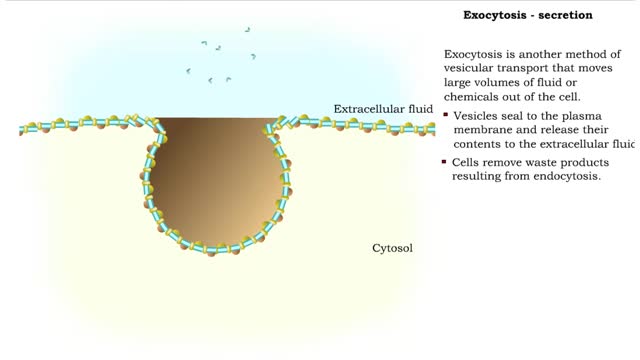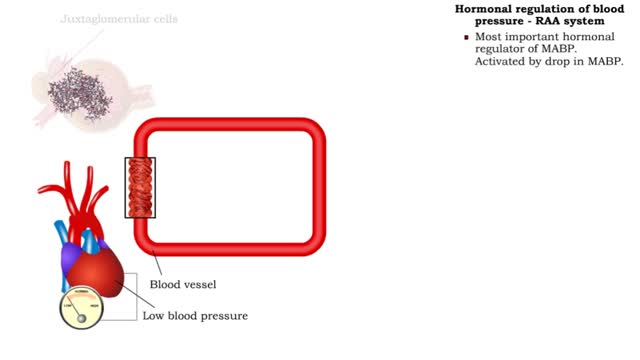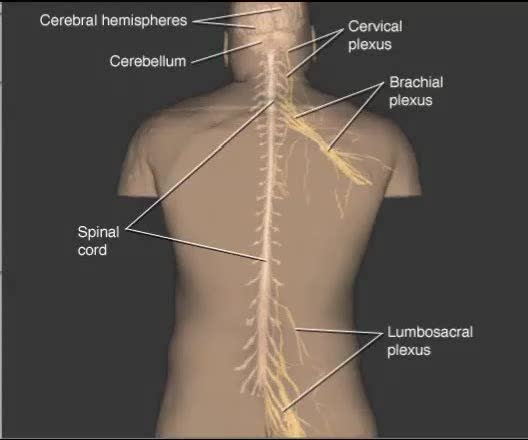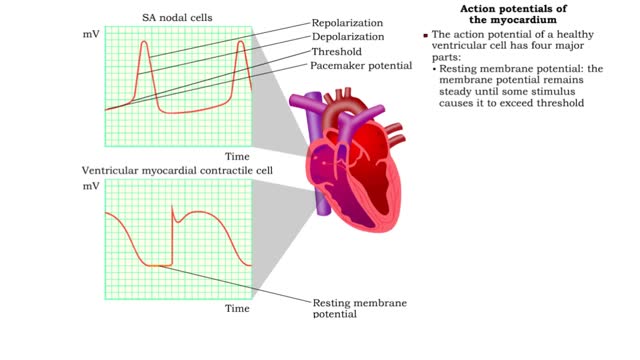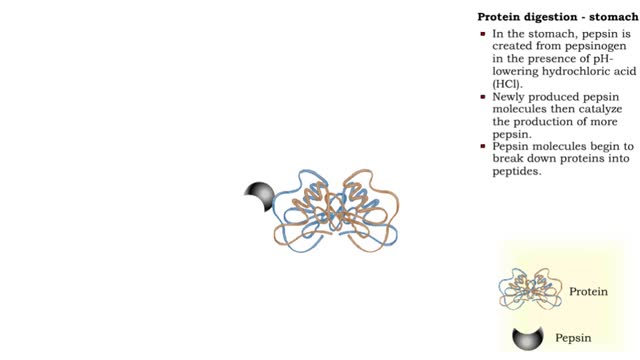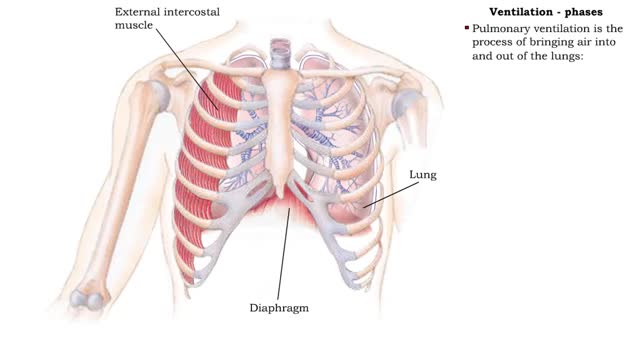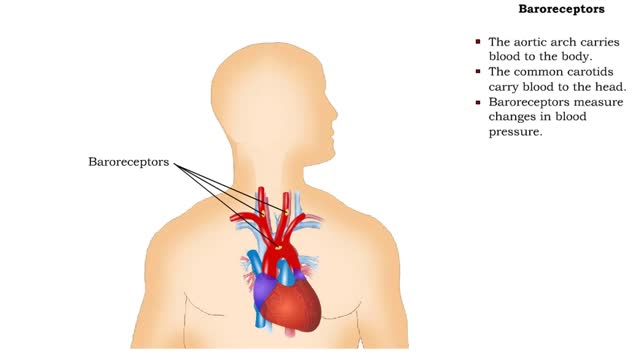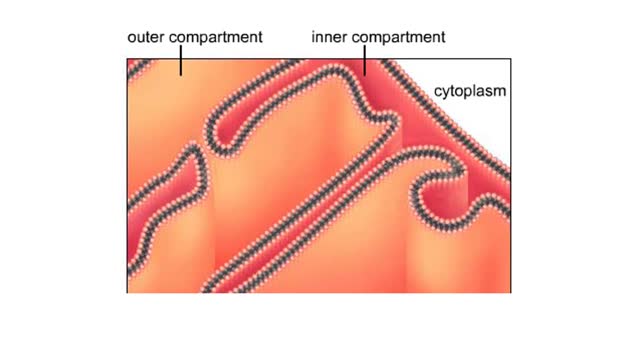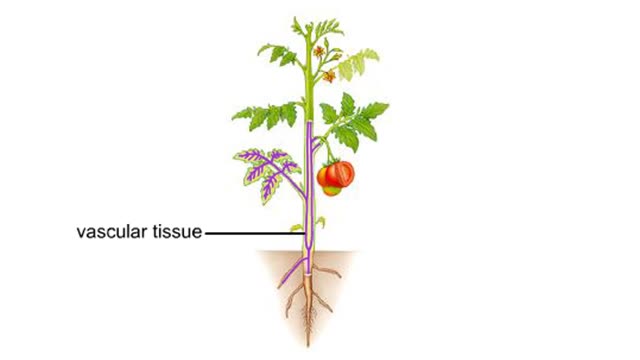Search Results
Results for: 'digestive system'
By: HWC, Views: 11118
Exocytosis is another method of vesicular transport that moves large volumes Of fluid or chemicals out of the cell. It is a process by which a cell transports secretory products through the cytoplasm to the plasma membrane. A examples of cellular secretory products: 1. Secreted protein - enzym...
Hormonal regulation of blood pressure - RAA system
By: HWC, Views: 11626
■ Long-term regulation of MABP is under hormonal control. • Hormones that affect blood pressure and volume: the renin-angiotensin-aldosterone (RAA) system, antidiuretic hormone (ADM), and atrial natriuretic peptide (ANP). ■ Most important hormonal regulator of MABP. Activated by drop in...
Components of the Nervous System
By: Administrator, Views: 539
The nervous system is the part of an animal that coordinates its actions by transmitting signals to and from different parts of its body. The nervous system detects environmental changes that impact the body, then works in tandem with the endocrine system to respond to such events. Nervous tissue...
Depolarization of the SA node, Action potentials of the myocardium & ANS effects
By: HWC, Views: 11012
• A typical contractile cell in the myocardium has a resting membrane potential. • The resting membrane potential of cells in the SA node is not fixed, and is known as the pacemaker potential. • The action potential of a healthy SA nodal cell has three parts: • Pacemaker potential: ...
Protein digestion - stomach & small intestine
By: HWC, Views: 10633
• Protein digestion occurs in the stomach and small intestine. • The stomach enzyme pepsin initiates the process. • Pancreatic and intestinal brush border enzymes complete the digestive process. • In the stomach, pepsin is created from pepsinogen in the presence of pH-lowering hyd...
Ventilation - phases and driving forces
By: HWC, Views: 11252
Respiration is the exchange of gases between the atmosphere, blood, and cells The combination of 3 processes is required for respiration to occur Ventilation (breathing) External (pulmonary) respiration Internal (tissue) respiration The cardiovascular system assists the respiratory system b...
By: HWC, Views: 10832
A baroreceptor is a specialized nerve ending that allows your brain to sense blood flow and blood pressure in the major blood vessels of your circulatory system. • The aortic arch carries blood to the body. • The common carotids carry blood to the head. • Baroreceptors measure chang...
Functional zones in a mitochondrion
By: HWC, Views: 9013
A mitochondrion has a double membrane system. The outer membrane faces the cytoplasm. The inner membrane divides the organelles interior into two compartments. The enzymes that carry out the second stage reactions are in the semifluid matrix inside the inner compartment. Embedded in the ...
By: HWC, Views: 5698
The bulk of the plant body is comprised of ground tissue. Vascular tissue threads through the ground tissue. It distributes water, solutes, and organic substances through the plant body. Dermal tissue covers and protects the surfaces of the root and shoot systems.
Advertisement



